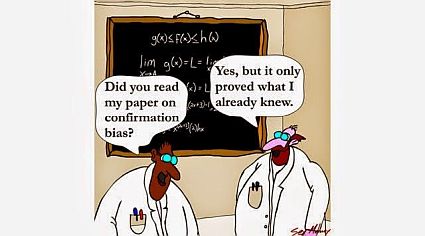The latest generations of AI tools seem to be offering us the “miracle cures,” to all our selling challenges. Our feeds are filled with all sorts of tips on leveraging these tools to extend our outreach, generate endless content, free us from many time consuming tasks.
We’ve discovered the concept of prompts, questions and directions we provide to refine the responses these tools provide. We’ve learned how to leverage series of prompts to more closely focus the responses we want to get. We marvel at the time we save and the “insights” we are provided.
We are, also, recognizing the responses we get are entirely dependent on the prompts we provide. Bad prompts give us bad to mediocre responses. Great prompts can unleash a huge amount of power. They can help us rethink things, imagine new possibilities, understand different arguments, challenge our own thinking.
What too many fail to recognize is that our prompts are training ChatGPT. As we refine our prompts, ChatGPT is trying to give us the responses we want. We train ChatGPT on what we are looking for by our prompts. And it tries to keep us happy, giving us what we want to hear.
But it may be giving us very bad or misleading responses. This is both because of inherent challenges currently in AI (it can’t tell good and bad data/responses), and the fact that our prompting actually biases the responses.
I’ve found it very powerful providing series of prompts, asking it to take a different point of view, to outline errors I may be making in my thinking. Asking things, like, “What issues am I missing?” “Where is my thought process wrong?” “What points of view might a competitor take?” “What disagreements might the target audience have with what I’m presenting?”
Structuring a debate with ChatGPT, asking it to argue for and against a position helps strengthen the insights it provides. As a result, we leverage it much more impactfully.
ChatGPT and similar tools offer great power, at the same time, it has no ability to distinguish good responses from weak responses, and will follow our directions/prompts. Make sure it’s not just telling you what you want to hear, but leverage it to provide real insights that you may not have considered.

Leave a Reply